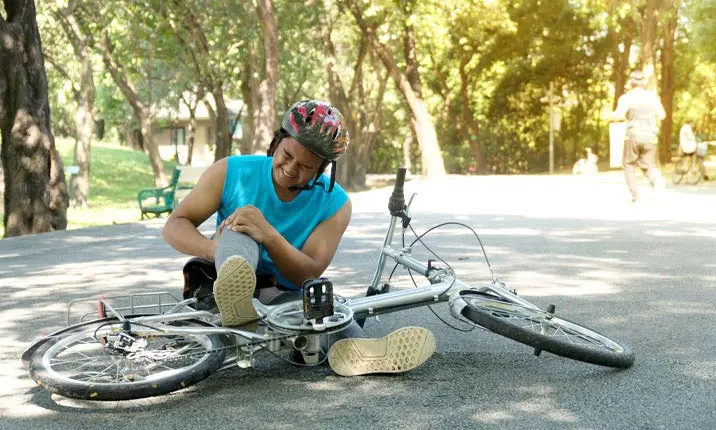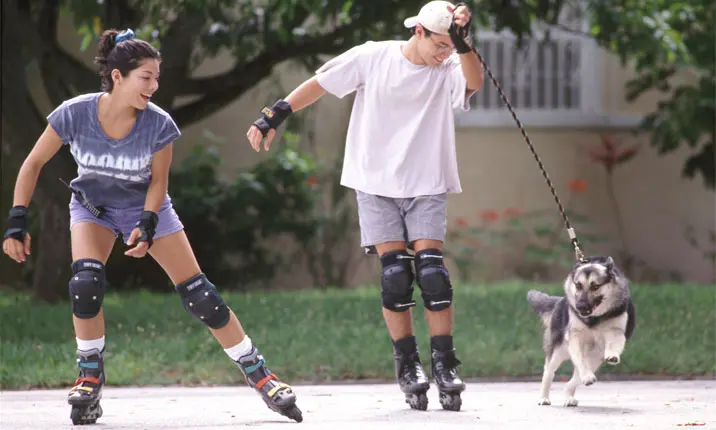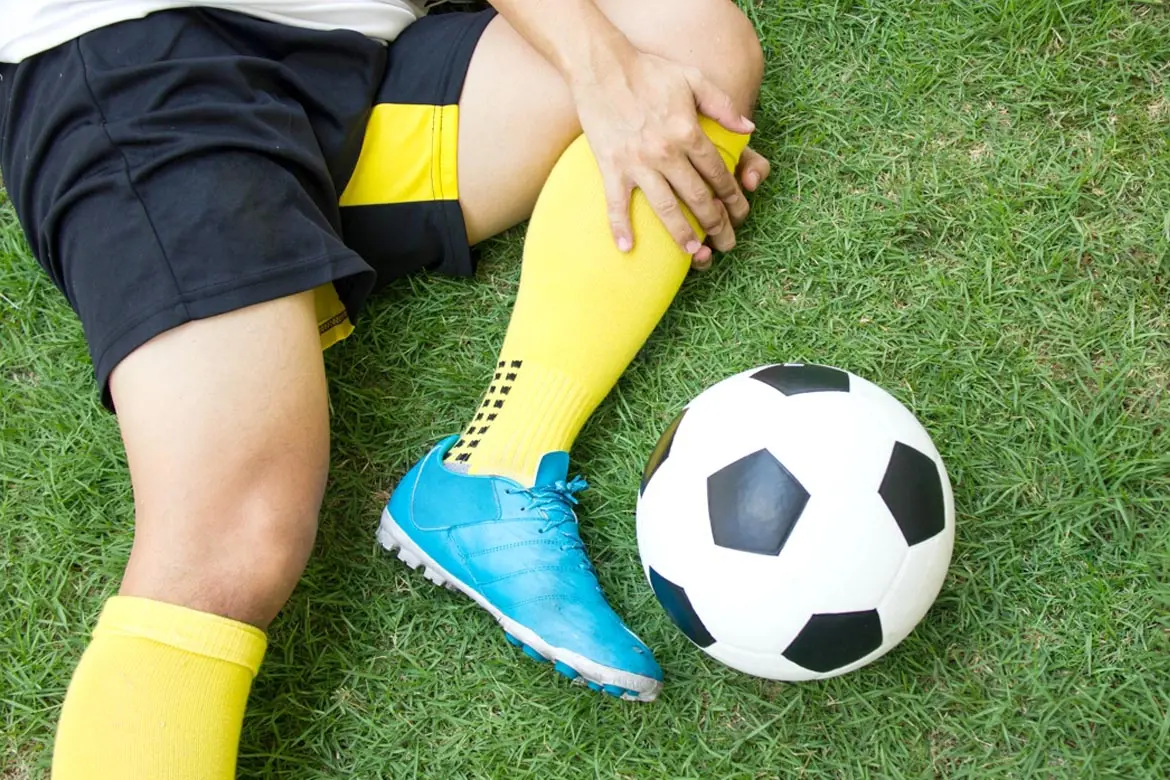The pandemic has brought about new ways of living, working, and of course, playing. This coronavirus-fuelled trend is seeing us learn new things, and find other ways to have fun with our loved ones amidst ongoing COVID-19 restrictions.
For instance, more people have taken up an active lifestyle with activities such as cycling, rollerblading and skateboarding, which also takes them closer to the outdoors. However, while these activities do look cool, the thrills also come along with risks.
Read on for some common injuries that can be sustained from cycling, skating and rollerblading, as well as how they may be avoided.
Common injuries from cycling, skateboarding and rollerblading
Singapore is experiencing a cycling boom, with bicycles flying off the shelves as ridership soars. As we whizz across park connectors, the seaside, or even along neighbourhood park connectors, we need to take care of our personal safety – something everyone everywhere ought to be more mindful of.
“Given the increased popularity of cycling especially during the pandemic, we are seeing an increased number of cycling injuries,” says Dr Yegappan Muthukaruppan, orthopaedic specialist at Parkway East Hospital.
“In cycling, collar bone fractures are extremely common, followed by arm and wrist fractures. It is also usually the upper limb that is injured,” he adds.
Skateboarding and rollerblading are also enjoying a pandemic boom, as more of us embrace the outdoors.
According to Dr Yegappan, the hospital still sees patients with skateboarding and rollerblading injuries, but such incidences have not increased significantly. However, when they do occur, they tend to be injuries around the ankle from falls, or injuries to the upper limb when one attempts to break a fall with an outstretched hand.
Commons injuries from such sports also include:
- Sprains and fractures of the wrist
- Sprains and fractures of the fingers
- Sprains and fractures of the knees
- Tears of the ligaments in the limbs
- Tears in the cartilage of the limbs, such as the meniscus
- Shoulder injuries, such as rotator cuff tears and dislocations
- Head injuries
- Concussion
Treatment and recovery
Inevitably, injuries are part and parcel of sport. But how severe they are, can be managed with timely treatment. Dr Yegappan shares that most injuries are usually minor, and not a cause for alarm. Treatment is also relatively straightforward.
“Fortunately, most of the injured are usually able to seek medical treatment on their own rather than having to call an ambulance. Most of them simply require rest, physiotherapy and medication,” he says.
Surgery is required for some cases, usually as a last resort.
“Especially with fractures of the upper limbs which are displaced, early fixation and mobilisation will allow earlier return to function,” he explains. “Even for patients who do require surgery, the prognosis (likely course of a medical condition) is good, and they will be able to return to the sports after recovery and rehabilitation.”
Avoiding injuries: Prevention is better than cure
Injuries from sports and outdoor pursuits can be minimised with a little bit of good sense. Measures that can be taken include starting slow, engaging in warm-up exercises, using proper gear, and staying hydrated. As parks and attractions in Singapore can get quite crowded in the mornings and late afternoons, especially on weekends and holidays, it is also important to be mindful and alert of your surroundings. Any distractions can cause painful accidents for both you and passers-by.
Dr Yegappan shares his personal take: “Especially for cycling, it is good to start slow and be aware of the road and weather conditions. It is advisable for those cycling on park connectors and in the parks to cycle slowly as they are sharing the path with walkers and runners”.
Have fun, get fit, and stay safe!
While injuries are common, and often get better without the need for medical intervention, be watchful for signs of worsening.
“There will usually be soreness whenever someone starts a new form of exercise, and these should settle quickly with a day or two,” shares Dr Yegappan.
“However, signs such as persistent pain, swelling of joints and restriction of motion should not be ignored,” he adds.
If you find yourself hurt with a serious injury, do not hesitate to visit Parkway East Hospital’s 24-hour walk-in clinic for medical advice and treatment. Remember, while having fun outdoors engaging in a new sport is great for your personal wellness, you should also take care of your physical self!














